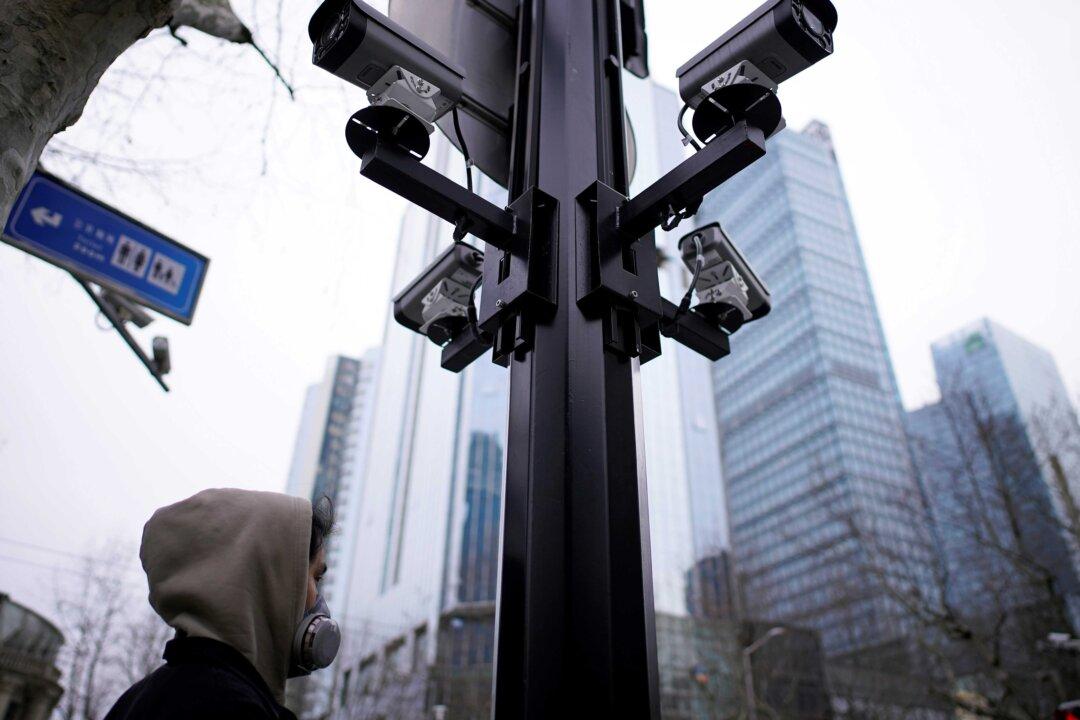U.S. law enforcers are increasingly relying on geofence warrants, a new surveillance tactic that civil libertarians say violates the Fourth Amendment, according to a recent transparency report from Google.
Unlike typical warrants that authorize the surveillance of specific targets, geofence warrants allow police to collect vast troves of geolocation data from devices within a given area in a certain timeframe. Law enforcers reportedly used geofence warrants to investigate crimes committed during last summer’s Black Lives Matter riots, as well as the Jan. 6 Capitol breach—fueling concern that data from journalists and other innocent bystanders also were swept up in the process.




